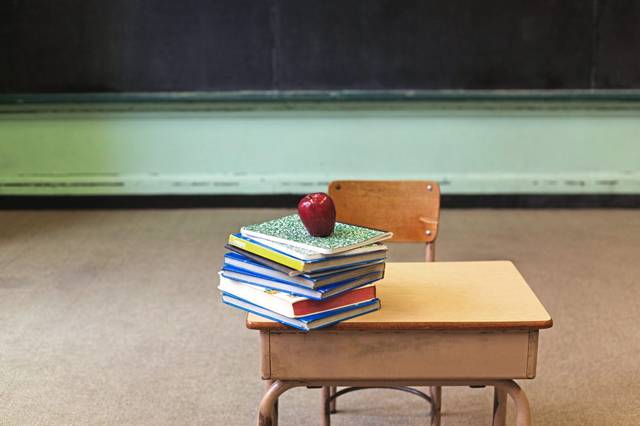As a mother of two children with learning challenges, I have long known the disparities plaguing our education system. The reasons why some children succeed in their education, and others do not, are varied and widespread.
It is no surprise that socio-economic factors such as employment and race can be directly attributed to most of these failings. Economically depressed areas do not have access to the same caliber of teachers as more affluent areas. And those depressed areas are typically reflective of a primarily minority population.
If schools cannot afford more highly educated and experienced teachers, they are forced to accept new college graduates who may be lacking the depth and willingness to combat a myriad of obstacles they will face each day. Yet the schools are still held accountable for results, as evidenced by their access to public funding such as grants and philanthropy.
In contrast, parents who can afford, or are willing to pay for, private schools surely have access to a more varied pool of qualified, experienced teachers, smaller classes and better facilities. But many of these schools are still failing to provide a quality education to our children. These schools are held to higher standards, and admission rates are results-driven. Parents who pay for their children to attend such schools expect better success rates on testing, grading and ultimately acceptance into the college or university of their choice.
With so much competition for funding and access to colleges and universities, it is no wonder students are falling by the wayside. It is survival of the fittest, no matter how many children are left behind, with little hope of a desired future or success.
Maybe our approach to education must change. Maybe we’re more than test scores and grades. Maybe we’re more than the sum of all our parts. Maybe the best approach to achieving a quality education for all students is not unlike the holistic approach now adopted by modern medicine.
Our children, our students, are more than test results and final grades. What we deem “excellent” needs to be realigned and reaffirmed with a deeper understanding of ourselves.
That is not to say that there is not a need for evaluation and scrutiny. But they are not the measure of one’s worth, only benchmarks to guide and encourage the desire to be better.
We must remember that one size does not fit all. In reality, most of the traditional approaches to learning have failed for many of us. Memorization lasts only as long as one can recall. Events that can only be imagined fade from view, and lessons on ethics and morality are lost on those who are unable to listen.
We need to approach education the way we approach healing. We must address the mind, body and soul. Not all students learn the same way. That should not mean that those students who do not respond well to standard testing are “less than.” It should not mean that those students who respond better to visuals with their lessons are not of the same caliber as other students.
That should not mean that students with “learning challenges” are less intelligent than other students. Students with attention deficit hyperactivity disorder (ADHD) and attention deficit disorder (ADD) are often judged unfairly and inaccurately. These conditions are not reflective of their level of intelligence, but on how their brains process information.
All students should experience an education that takes their needs into account. The use of visuals, recorders and one-on-one instruction, and the opportunity to work in small groups, are all means to a holistic education — one that measures excellence based on so much more than test results. Excellence should be measured on effort and the desire to learn. A bright future should be within reach for every student, regardless of the nature of their learning.
Parents, academics, community leaders and students must step forward and take the initiative to make dramatic changes to our approach to education and to our understanding of the meaning of “excellence.”
Diane Wynn is a Pittsburgh mother of two.








